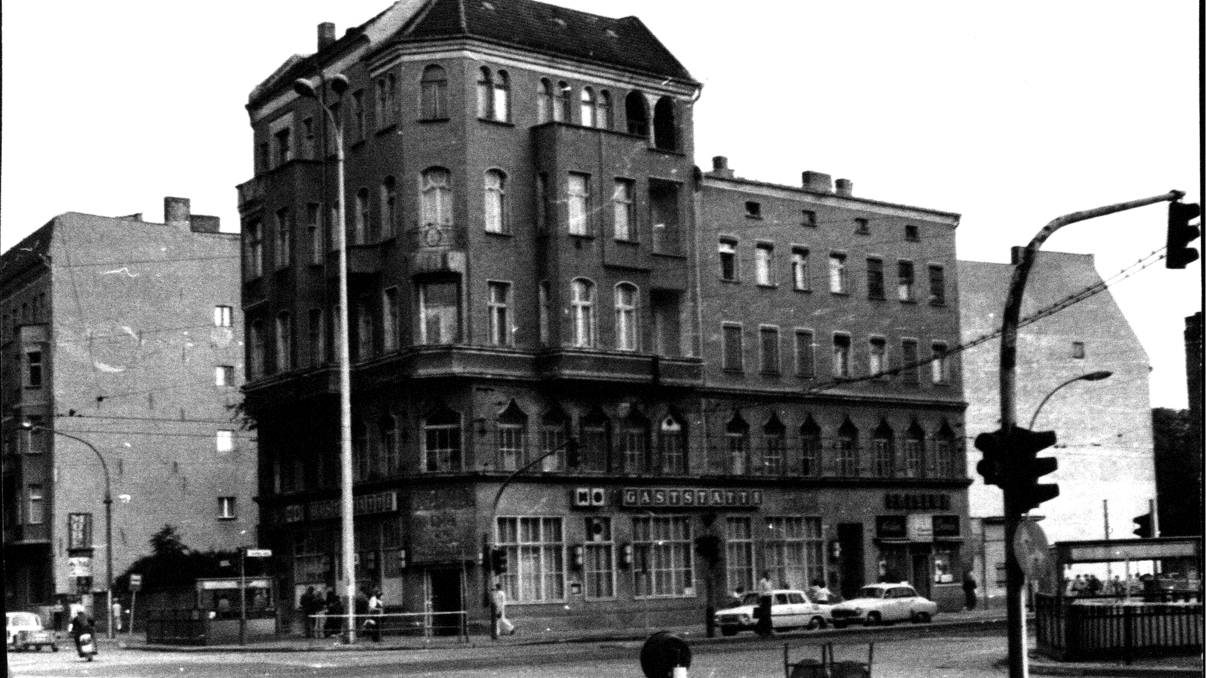08. April - 29. April 2025
The Liberation of Concentration Camp Sachsenhausen 80 Years Ago
The beginning of May 2025 marks the 80th anniversary of the liberation of the camp. To mark the occasion, numerous events will be held at the Sachsenhausen Memorial and Museum, the Death March Memorial in the Below Forest and the Klinkerwerk Subcamp Memorial. To accompany these events, the Zeughauskino, in cooperation with the Sachsenhausen Memorial and Museum, is showing four evenings of feature films and documentaries that approach the site and its stories in very different ways.
